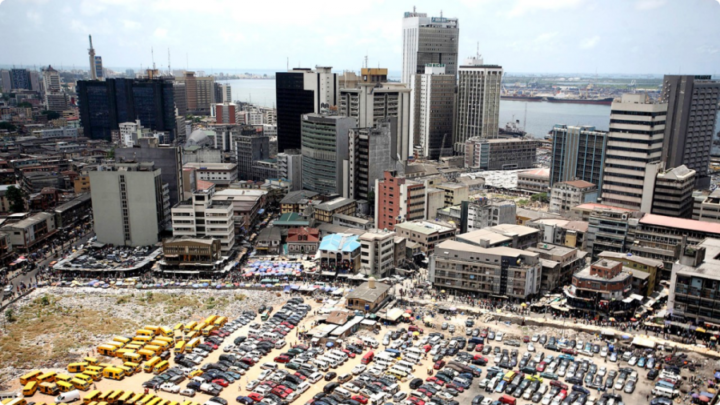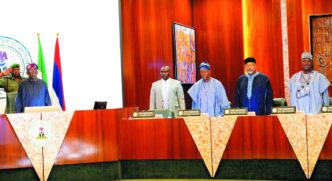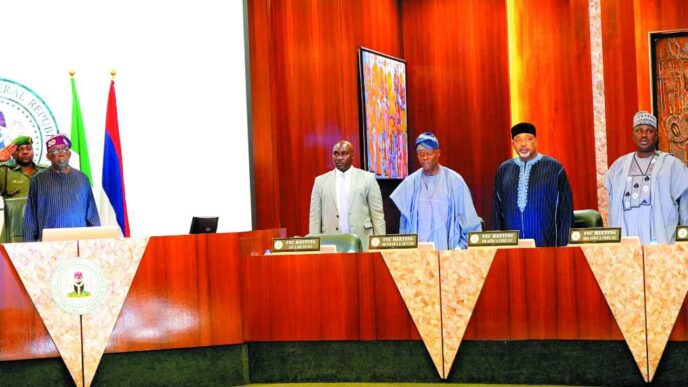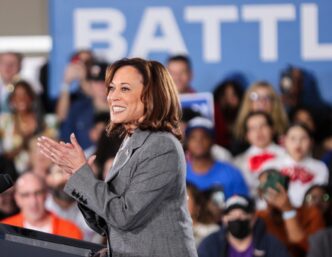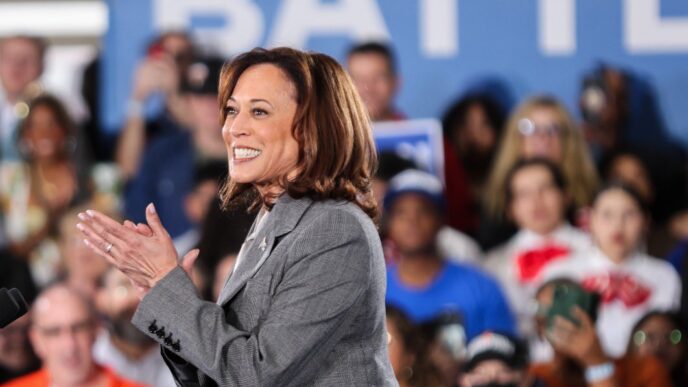For years, official reports on Nigeria’s economy have presented figures that often seem disconnected from Nigerians’ everyday experiences—especially as inflation continues to erode purchasing power and the cost of essentials keeps climbing. In November, the National Bureau of Statistics (NBS) will undertake a major update to the country’s economic metrics, including the rebasing and re-benchmarking of the gross domestic product (GDP) and consumer price index (CPI).
This is not Nigeria’s first attempt to modernise its economic data. In 2014, the NBS completed a comprehensive rebasing exercise, updating the GDP series’ base year from 1990 to 2010. That recalibration offered a fresh view of the economy, revising growth rates and GDP estimates from 2010 to 2014. The 2010 base year was chosen due to stable economic conditions and the availability of more relevant data at that time.
Before that, Nigeria had used 1990 as its base year, despite United Nations recommendations that countries rebase every five years.
Now, Adeyemi Adeniran, statistician general and CEO of the NBS, has announced that the bureau will rebase the GDP, CPI, and Nigeria Living Standards Survey (NLSS) in 2024.
Advertisement
At various times, Nigerians have voiced concerns about NBS data, particularly inflation figures, arguing that it often doesn’t reflect their reality. Based on my experience working with data in Nigeria, I’ve noticed that when the numbers don’t align with what people feel in their wallets, trust in the data starts to erode. So, it’s understandable that people question the accuracy of NBS figures.
Picture yourself walking into Oshodi Market in Lagos to buy groceries. Vendors are lamenting that the price of a bag of rice has doubled and that yam and eggs are now luxuries only the wealthy can afford. Everyday essentials for Nigerians have soared in price.
A mother of four who used to spend N100,000 for a month’s worth of food for her family now finds her money purchasing less each time. She complains that prices appear to rise weekly, or even daily, especially since the recent fuel price hike due to the subsidy ‘IS GONE’ regime, while her salary has remained stagnant, making it feel increasingly inadequate.
Advertisement
This situation reflects the struggles of millions of Nigerians. Yet, when new inflation figures are released, they often indicate rates much lower than what people are experiencing in their local markets. For the average Nigerian, these statistics can seem disconnected from their daily reality.
As Nigeria now prepares to rebase its economic metrics, could this update be the bridge between perception and reality? because this shift isn’t just about updating numbers; it’s an opportunity to capture today’s economic landscape more accurately and potentially reshape how we view growth, inflation, and the costs that shape Nigerians’ daily lives.
THE ELEPHANT IN THE ROOM
First, let’s look at what GDP and CPI measure. GDP is the total value of everything produced in Nigeria—whether it’s goods like cement and oil or services like banking and entertainment. CPI, on the other hand, measures the cost of a “basket” of everyday goods and services, which could include food, fuel, and housing. By tracking how this basket’s price changes over time, the CPI shows how inflation affects Nigerians’ purchasing power.
Advertisement
Rebasing involves updating the reference year for these indicators. Right now, Nigeria’s GDP uses 2010 as its base, while the CPI’s last rebase was in 2009. But a lot has changed in the Nigerian economy since then, and using outdated data can lead to skewed numbers. Rebasing means resetting these measurements to match present-day realities, capturing the actual structure of our economy today.
Think about how life in Nigeria looked a decade ago. Back in 2010, smartphones, artificial intelligence (AI), and the internet weren’t as central to daily life, online shopping hadn’t taken off, and industries like fintech, skit making, Tiktok influencing, and the entertainment sector, in general, were in their infancy.
Today, however, digital services have transformed how Nigerians work, shop, and socialise, while sectors like Nollywood and music are booming. Skit-making is the order of the day. Social media influencing and monetisation of some social platforms. Without rebasing, Nigeria’s economic data may overlook these changes, as new industries and consumer habits may not be adequately represented.
For example, if your livelihood depends on digital businesses, you work in tech, or you are a TikToker or a content creator (which is now a thing), the current GDP figures may undervalue your contribution to the economy. Rebasing allows the NBS to include these emerging sectors, giving a fuller picture of the country’s economic output.
Advertisement
As for inflation, for many Nigerians, it is an ongoing challenge, with the rising costs of food, fuel, and transportation stretching household budgets thin. Yet, our CPI still reflects a decade-old “shopping basket,” overlooking shifts in spending habits and the new expenses woven into daily life.
Advertisement
This disconnect will only fuel scepticism about the accuracy of NBS data. With the CPI rebased, the government can capture a more realistic cost of living. For instance, if the typical Nigerian household today spends more on data subscriptions, online services, or imported items, these would be better represented in the CPI. This update would give Nigerians a clearer picture of how much inflation affects their finances.
One immediate effect of rebasing is that Nigeria’s GDP may appear larger or smaller, depending on what the new data reveals. If the rebasing shows the economy has grown faster than previously thought, this could boost Nigeria’s image, potentially attracting more foreign investment. Conversely, if the rebased data reveals a slower growth rate, it might prompt a deeper look into economic policies and where improvement is needed.
Advertisement
On the ground, this update could also affect policies that impact Nigerians directly. For instance, inflation rates based on the rebased CPI could influence interest rates. If the new CPI reveals inflation is actually higher than previously calculated, the CBN might raise interest rates to keep prices from spiralling further. While this move could make borrowing more expensive, it might help stabilise the cost of goods in the long run.
Similarly, rebasing could reshape social policies. Accurate data on the economy and cost of living help the government make better decisions about wage adjustments, social programs, and even budgeting for things like healthcare and education. For Nigerians struggling with rising prices, these adjustments could lead to more responsive policies aimed at supporting the most affected.
Advertisement
For the average Nigerian, NBS’s rebasing of GDP and CPI is ultimately about ensuring that our economic data reflects what people experience in their everyday lives. It’s a way of making sure that when policymakers talk about growth or inflation, they’re looking at numbers that accurately describe the economy you live in, not an outdated picture from a decade ago. This process may seem technical, but it’s a foundational step toward a more transparent and accountable economy.
You can reach Victor Ejechi on X (formerly Twitter) @victorejechi
Views expressed by contributors are strictly personal and not of TheCable.

